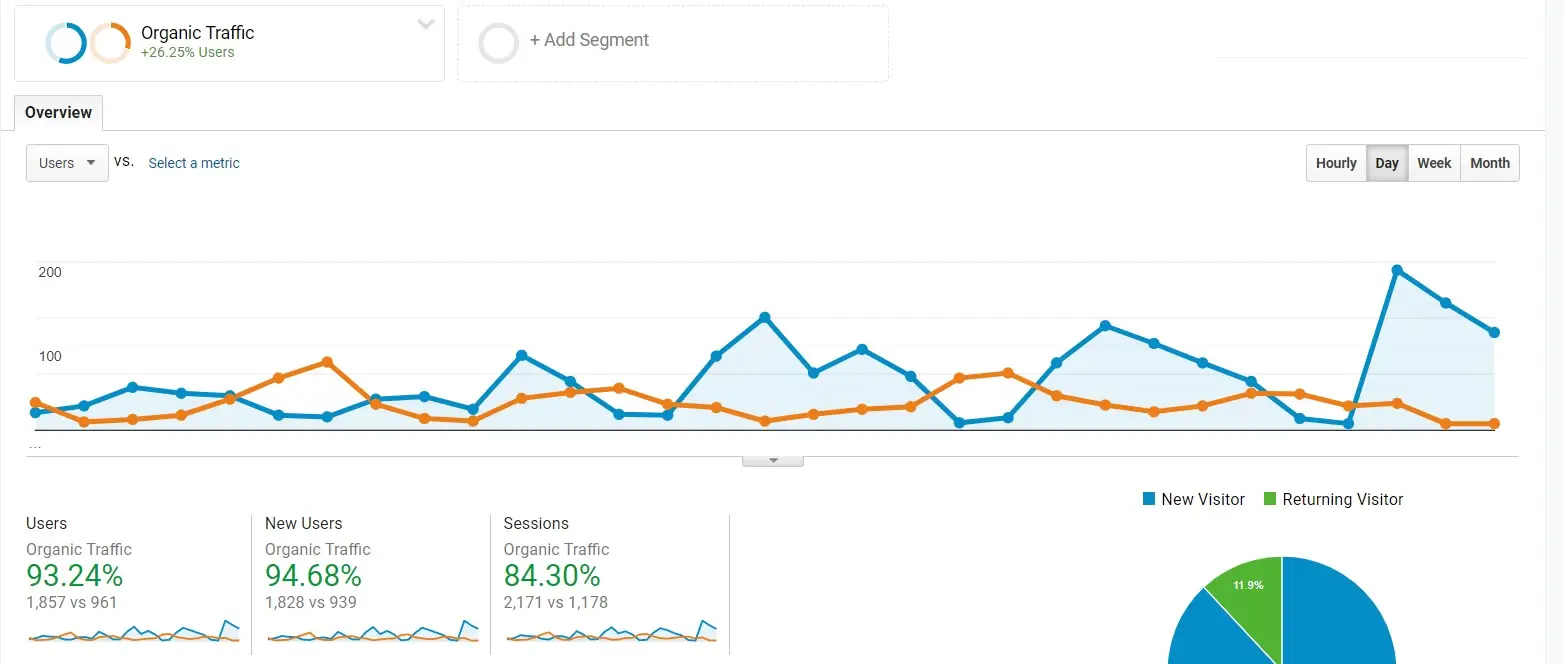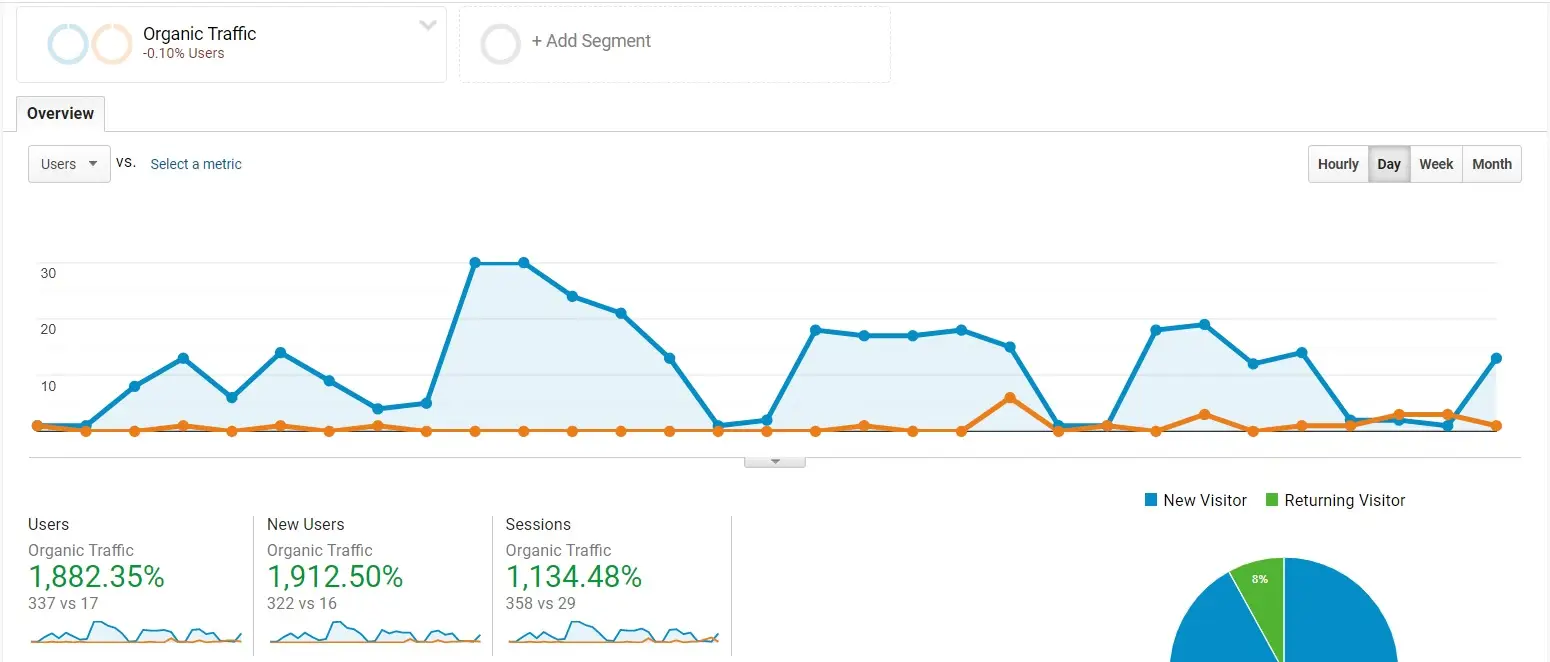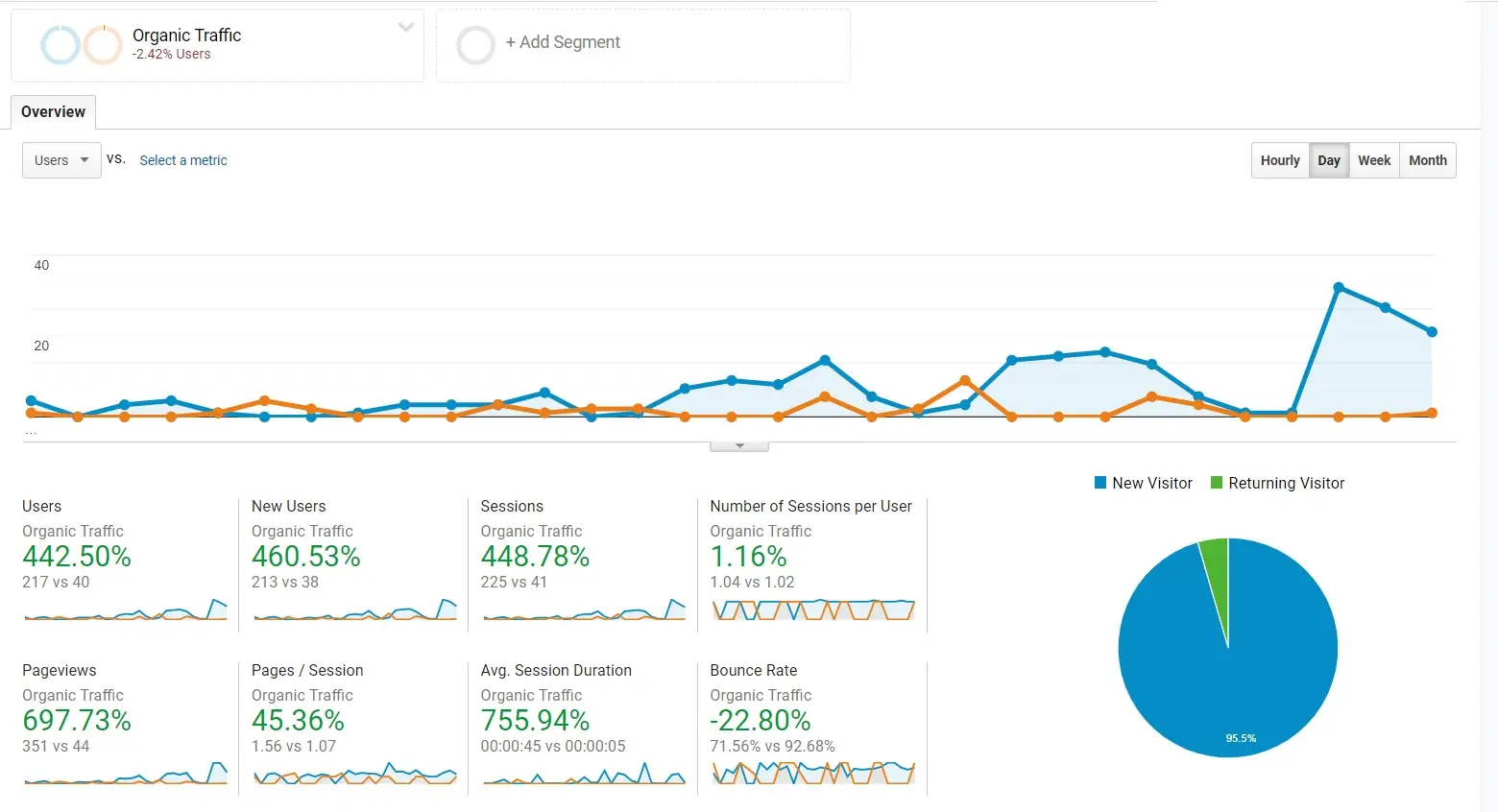Local Keyword Research: Your Secret Weapon for Budget-Friendly Customer Attraction
In an era where digital presence can make or break a business, the challenge of attracting local customers without hefty advertising costs is more relevant than ever. Fortunately, local keyword research is a powerful, cost-effective tool that can significantly boost your visibility and connect you with the right audience. By understanding the specific terms and phrases potential customers use when searching online, businesses can effectively enhance their local SEO strategies and drive more organic traffic.

The Incredible Impact of Local Keyword Research
Imagine Sarah Johnson, a passionate entrepreneur who turned her hobby of making homemade candles into a thriving business. Through diligent local keyword research and strategic SEO practices, she skyrocketed her revenue from $15,000 in her first year to an astounding $250,000—all without spending a cent on ads. This remarkable transformation highlights the profound impact that local keyword research can have on a business’s success.
Why Local Keywords Matter: The Foundation of Your SEO Strategy
At its core, local keyword research is essential for several reasons:
-
Targeted Audience Engagement: Local keywords help businesses craft content that resonates specifically with their nearby customers. This targeted approach ensures that the products and services offered align with the immediate interests and needs of local consumers.
-
Enhanced Relevance: Search engines, like Google, prioritize content that is relevant to specific locations. By integrating local keywords into your online presence, you signal to search engines that your business is directly related to a geographic area, increasing your chances of appearing in local search results.
-
Competitive Advantage: In a crowded market, standing out is crucial. Optimizing for local keywords allows your business to differentiate itself from local competitors. Well-chosen keywords can attract more potential customers actively searching for what you offer.
-
Increased Conversion Rates: Local searches often indicate a higher intent to purchase. By aligning your content with local search terms, you position your business to capture the interest of customers who are ready to buy.
Getting Started: Steps for Effective Local Keyword Research
Ready to dive into local keyword research? Here’s a step-by-step guide to help you identify and implement the right keywords for your business:
1. Identify Your Target Market
Begin by defining the geographic area your business serves—this could be a city, region, or specific neighborhood. Understanding the preferences and search behaviors of your local audience is critical to selecting effective local keywords. Consider what potential customers are looking for and how they phrase their searches.
2. Utilize Keyword Research Tools
Leverage tools such as Google Keyword Planner, SEMrush, or Ahrefs to uncover insights about keyword popularity and competition. Here’s how to maximize these tools:
-
Google Keyword Planner: Input your business category and location to generate relevant keyword ideas that reflect what people are actually searching for.
-
SEMrush: This tool allows you to analyze your competitors’ keywords. By entering your business name and location, you can identify which keywords are driving traffic to similar businesses in your area.
-
Ahrefs: Use this tool to explore the backlink profiles of your local competitors. This insight can reveal the key phrases they prioritize, providing you with valuable opportunities to capture missed traffic.
3. Conduct Competitor Analysis
Studying your competitors is crucial in developing a successful keyword strategy. Start by identifying local rivals using search engines. Examine their websites to see which keywords they emphasize in product descriptions and meta tags. This analysis can reveal gaps in their strategies, allowing you to capitalize on underserved keywords. Look for opportunities to differentiate your offerings based on local needs.
4. Focus on Long-Tail Local Keywords
Long-tail keywords are more specific phrases that may have lower search volume but often result in higher conversion rates. For example, instead of just targeting “plumber,” focus on “emergency plumbing services in Capitol Hill.” This specificity can help you connect with customers who are actively searching for particular services, making it easier for you to meet their needs.
5. Structure and Integrate Your Keywords
After identifying your local keywords, it’s essential to integrate them effectively throughout your online presence:
-
Main Keyword + Location: Combine your primary service with your city or area, such as “best bakery in Seattle.” This method clarifies what you offer and where you provide it.
-
Specific Services or Amenities: Be more detailed in your keyword approach by including specifics about your offerings, such as “gluten-free cupcakes in Seattle.”
-
Question-Based Keywords: Address common queries from users, like “Where can I find vegan options in Seattle?” This helps engage potential customers by directly answering their needs.
-
On-Page SEO: Ensure your keywords are included in important on-page elements, such as meta tags, page titles, and content. This boosts your site’s visibility in search results.
6. Optimize Your Google Business Profile
Your Google Business Profile (GMB) is a powerful tool for local SEO. Here’s how to optimize it effectively:
-
Business Description: Write a compelling description that naturally integrates relevant keywords, providing potential customers with a clear understanding of your offerings.
-
Photos and Updates: Regularly update your profile with new photos and posts to keep your audience engaged and informed about your business.
-
Categories: Choose accurate categories that reflect your services, making it easier for customers to find you in local searches.
7. Build Local Citations
Listing your business in reputable local directories is another way to enhance your local presence. Consistency is key: ensure that your business information—name, address, and phone number (NAP)—is the same across all platforms. This consistency helps build credibility with search engines and improves your local SEO.
8. Manage Online Reviews
Encouraging customers to leave reviews on platforms like Google and Yelp can significantly influence your local SEO rankings. Positive feedback not only enhances your reputation but also provides social proof that can attract new customers. Respond to reviews, both positive and negative, to demonstrate your engagement and commitment to customer satisfaction.
Measuring the Effectiveness of Your Local Keyword Strategy
To ensure your local keyword strategy is working effectively, monitoring and analysis are crucial. Here are some effective ways to assess your performance:
Google Analytics
Utilize Google Analytics to track your website’s performance. Pay close attention to organic traffic and conversion rates for pages that are optimized with local keywords. This data provides insights into what’s working and where adjustments may be needed.
Keyword Ranking Tools
Employ tools like SEMrush and Ahrefs to track the rankings of your local keywords over time. Monitoring these rankings helps you gauge the effectiveness of your keyword strategy and identify opportunities for improvement.
Google My Business Insights
Leverage the insights provided by your GMB profile to understand user interactions with your listing. These insights can inform future strategies and highlight what resonates most with your audience.
Customer Feedback and Reviews
Keep an eye on customer sentiments expressed in reviews. Positive feedback containing local terms indicates effective engagement with your target audience. If you notice specific keywords that are frequently mentioned, consider incorporating them into your content strategy.
Conclusion: Elevate Your Local Visibility with Strategic Keyword Research
In a competitive digital landscape, local keyword research is not just beneficial—it’s essential for enhancing your online visibility and attracting customers who are actively seeking your services. By employing the strategies outlined in this guide—from optimizing your Google Business Profile to effectively integrating local keywords into your content—you can significantly improve your chances of standing out against local competitors.
Remember that local keyword research is not a one-time task but an ongoing process. Regularly revisiting and refining your keyword strategy will allow you to adapt to changing trends and language preferences in your community. By actively engaging with your local audience and addressing their unique needs, you can navigate your digital path successfully and ensure your business thrives in a competitive landscape.
Start your journey with local keyword research today, and watch your business flourish!


